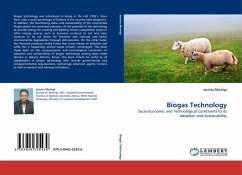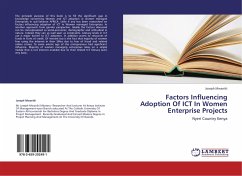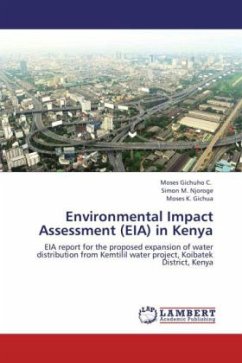Biogas technology was introduced in Kenya in the mid 1950's. Since then, only a small percentage of farmers in the country have adopted it. In addition, the functioning status and sustainability of the constructed biogas plants has remained unknown. As the potential of the technology to provide energy for cooking and lighting remain unexploited, prices of other energy sources such as kerosene continue to rise and trees continue to be cut down for firewood and charcoal and hence environmental degradation through deforestation. On the other hand, the firewood produces smoky fumes that cause indoor air pollution and while this is happening, animal waste remains unmanaged. This book sheds light on the socioeconomic and technological constraints to adoption and sustainability of biogas technology among dairy cattle farmers in Nakuru districts, Kenya. The book should be useful to all stakeholders in biogas technology who include governmental and nongovernmental organizations, technology extension agents, farmers as well as research and training institutions.








